Since the price of Detroit: Become Human dropped to $20 and was recently included in the PS+ free games for July 2019, I imagine it has caught the attention of patient gamers waiting to play it. But, is it time to give it a go or simply throw it into your likely insurmountable backlog?
Genre: Adventure, Branching Narrative
Developer: Quantic Dream
Publisher: Sony Interactive Entertainment
Release Date: May 25, 2018


Detroit: Become Human is a branching narrative adventure game created by Quantic Dream and may or may not be a style you enjoy, depending on your preferred game predilection. Some folks find it a bore or even tedious to simply make choices with the only gameplay being the occasional quick button prompts or major decisions that pause the game for a bit while you wait out a time limit to make a choice. Well, Detroit: Become Human has plenty of those, but it does take that branching narrative really quite far, making the actual choices and consequences just as eventful as killing a monster or tackling a horde of zombies. Whether that is visceral to you depends on how you generally feel about these types of games. It’s the emotive response that is finely honed here, as Detroit: Become Human brings you in close and looks you right in the eye about how you feel, and not many games can achieve that degree of personal connection like this one can.
Now I seriously enjoyed their earlier work with Heavy Rain’s story, or set of parallel stories rather, and it still resonates with me to this day. Beyond Two Souls, I didn’t care for as much, mostly because I never connected with the main character or the relationships and dramatic scenes as they just didn’t have the same weight as Heavy Rain to me. I’ve also played some similar genre games as time went by, with Telltale games being the bulk of those. While I liked the first few Walking Dead Telltale games, pretty much everything else Telltale did thereafter, with the exception of Wolf Among Us and Tales of the Borderlands, felt long in the tooth and incrementally more casual and predictable. I wasn’t really sure what to expect with Detroit: Become Human, and I made it a point not to look at any spoilers until I was ready to play the game.
The Cast of Characters
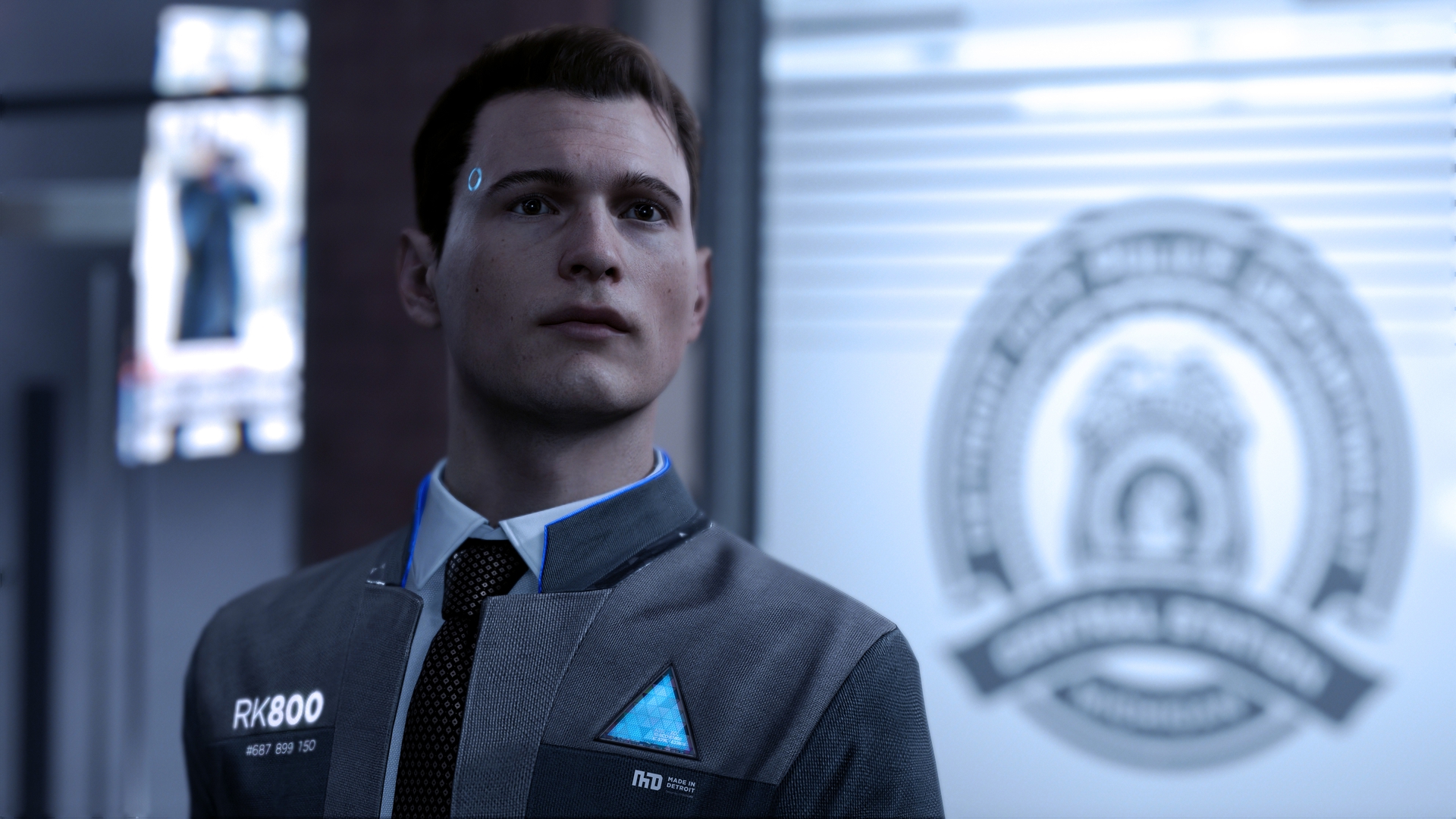
Before I briefly get into the psyches of these characters, I want to note that the central weight of the game is so heavily focused on these three androids that they each have their own composers for the music and cinematography styles for each storyline. It’s mind-boggling how detailed this all is, but in the end you have such a strong sense of each of the main characters that it’s ingrained in you about just who they are and how they may react if you were in the game yourself. Talk about immersion, this was a personal and intimate look at their lives that I don’t believe Quantic Dream has ever quite managed before.
Conner: The android detective, a tin man with a plastic badge that hasn’t the weight or respect to be taken seriously by human cops, yet his mission is more serious than any other and he sees more than the humans perceive. It’s through him that Detroit: Become Human fundamentally has its first notion of the grey areas of morality and the dichotomy of the existence and purpose that the androids endure. He is constantly at odds with his programming, yet has to make judgment calls on whether to allow degrees of allowances to whittle away at his core pre-set beliefs in order to proceed with his investigation. It is he who must take down his own kind, with a strong Bladerunner undertone. I could say he is cold or calculating, but truthfully he is only as you make him to be. We could play the game at the same time and have two different Conners by the end. However, it’s his thin tightrope of deciding what is right or wrong, or what is required and optional that stands out the most. He’s not the leader or the warmest character, but he is the most vulnerable and innocent, if only he could find a heart.
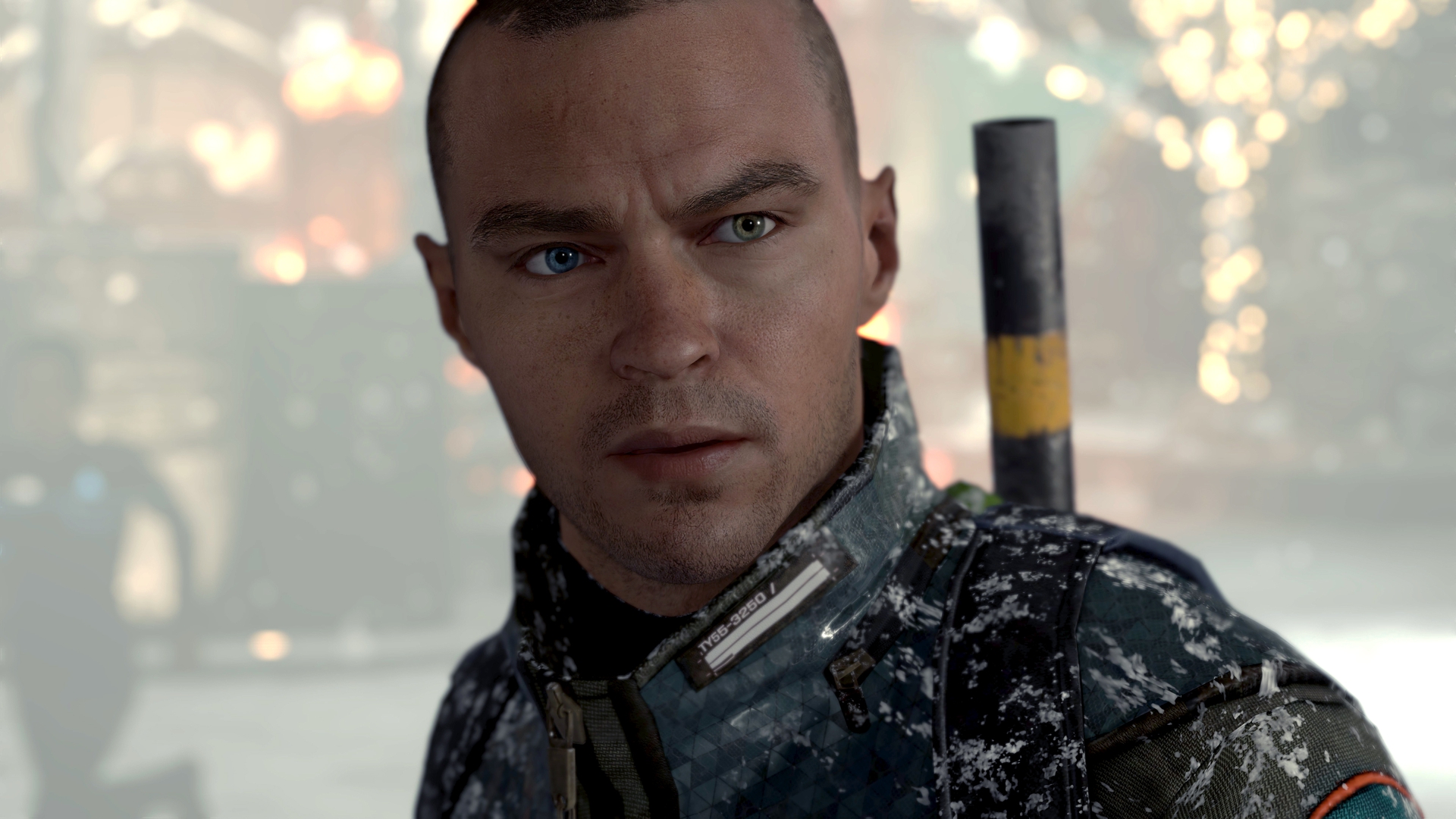
Marcus: This character threw me for a loop more than the others. One one hand, I was viscerally involved with his rather sudden evolution to become the leader of the android rebellion, but on the other hand you have choices with Marcus that seriously take on a strong black or white decision-making process, which morally leaves you with a choice that may be unsettling if this was real life. I think it ultimately comes down to whether you as an individual want Marcus to be the cold-hearted killer or the soft-hearted marshmallow because it’s quite hard to be something in between without losing the support of someone. The amount of option branches with him is astounding and I suggest trying as many as you can handle, they can vary more than you expect, even after uncovering several pathways. While I loved his character as a tipping point type of individual brought to the forefront because of his strong convictions and inability to simply stand by, his choices are by far the ones that feel less nuanced. My guess is that is because his story affects the outcome of the game substantially, and for that there simply is less leeway in his choice selection. Expect action cinematography and heart-pounding music in the background, Marcus’ journey is one of peril and dire straits at every turn. Yet, somehow the game manages to make his story one of personal choices as well, with family and intimate relationships along with a and a sort of “brothers in arms” vibe reminiscent of something akin to the mini-series Band of Brothers.
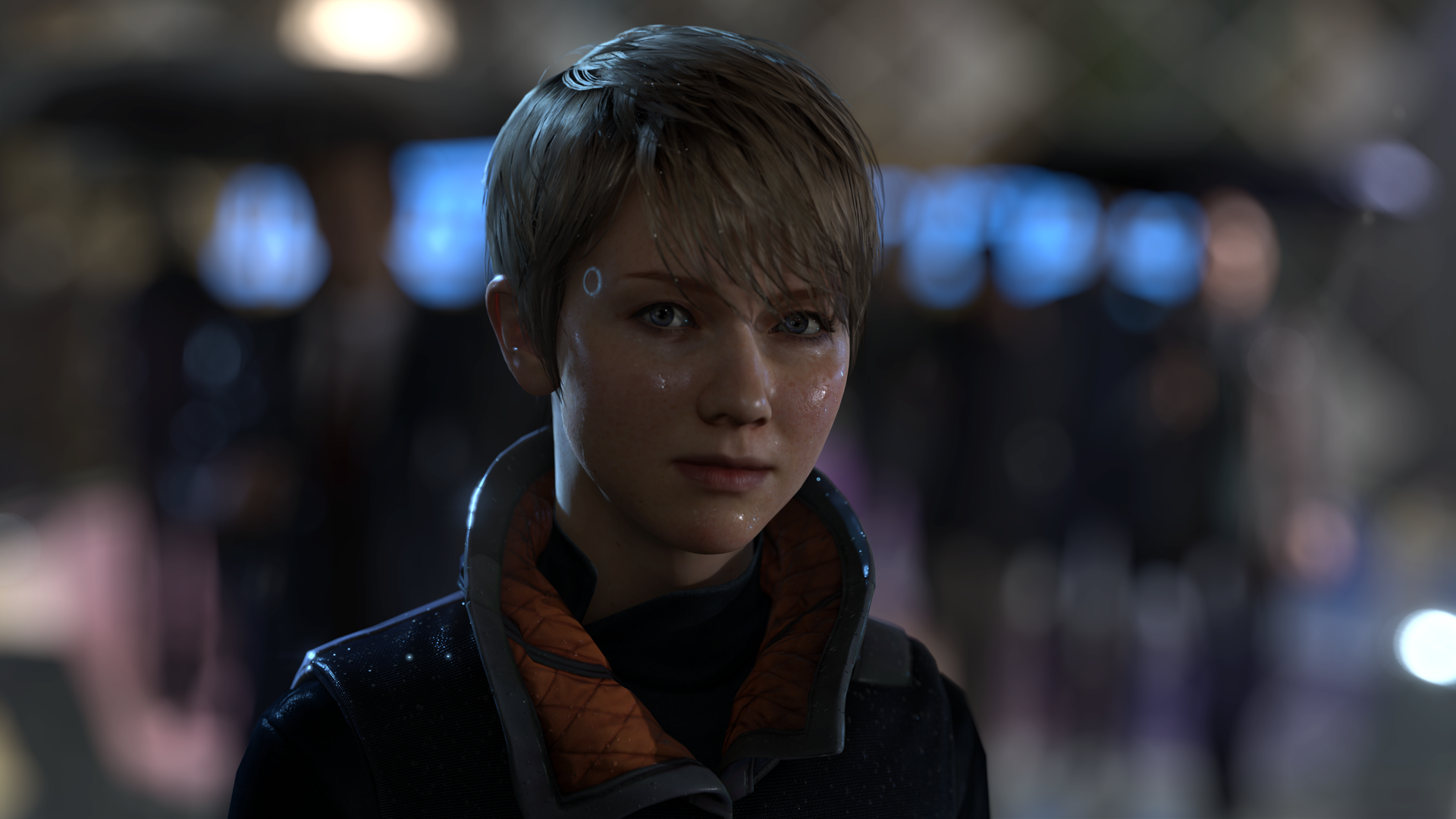
Kara: The caregiver who sees through fractured eyes. She is the one I’d think of most as a slave to the trade, the everyman android who’s plight is both heartfelt and emotional. Hers is perhaps the hardest to talk about because each chapter of her story is a rung on a ladder to the end of the game. Kara’s story is one of discovery and peril, though unlike the others. I see some very strong themes of her transformation as a person, switching caps as quickly as possible to keep moving forward. Yet, isn’t that what a mother is at heart? Someone who gives her all to care for the ones closest to her? Of all the androids, Kara’s is steeped in emotion and tension the most. Yes, I go so far as to say more tension than Marcus because Marcus is a fighter and leader. Kara is a survivor with little in the way of being able to fight back. Yet, this does not make her fragile in the least. Her strength is unbreakable.
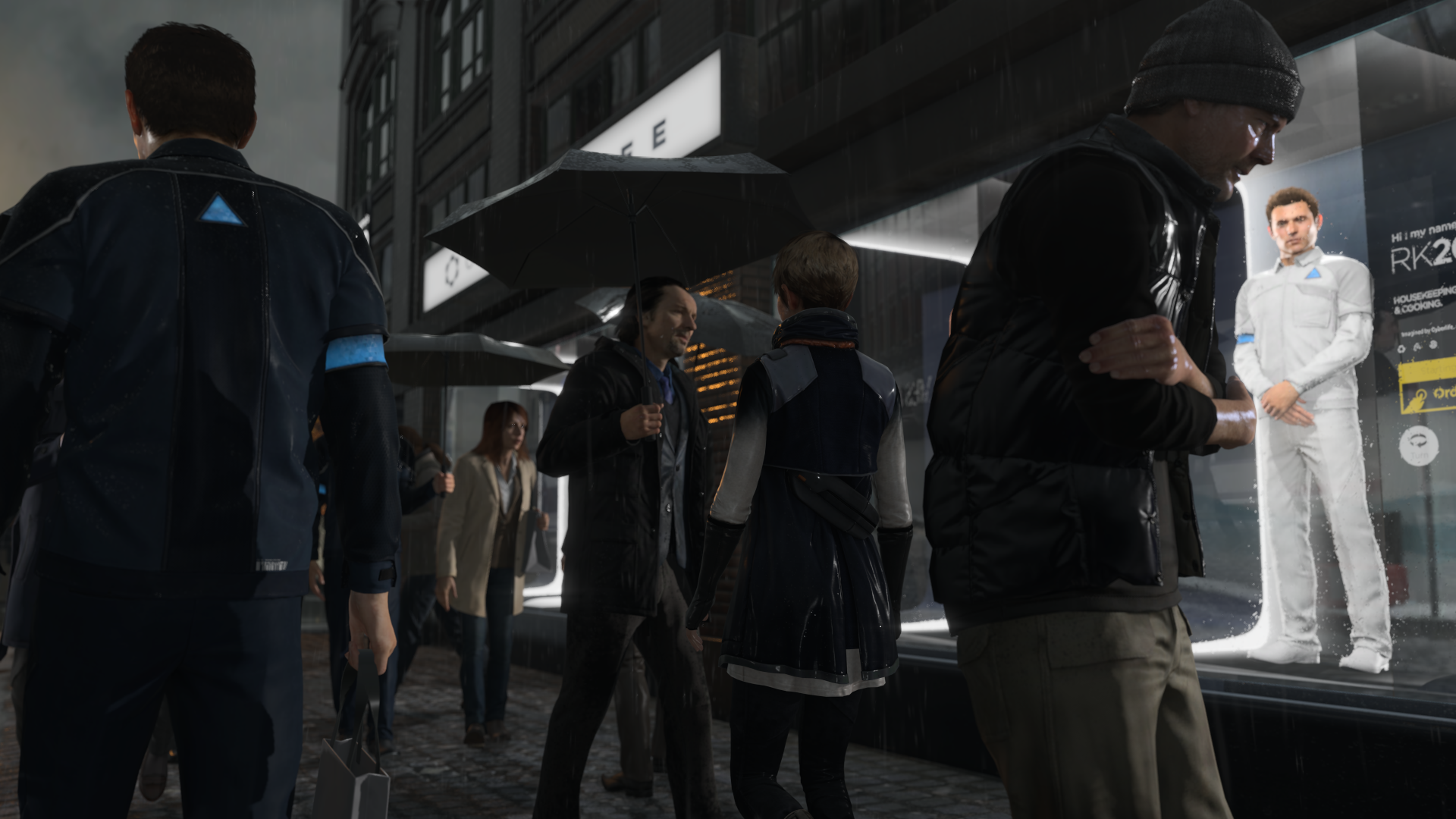
Gameplay
What if life was a ruler, with inches measured out for your life and one path forward? Some may say it is already so, but the lives of the androids emphasizes the tangential elements of life that , though designed in a linear fashion with no room for deviation, twist and turn lives around in moments of uncertainty. That is Detroit: Become Human.
As you’ve likely already guessed, it is a story of war, of fear, and of perseverance. But, many stories are like that. What sets it apart beyond the pretty graphics and the acting? What prevents it from being a “Choose your own Adventure” game that gets dull at repetitive?
I could say it is the number of plot twists, but it is not. I could also say it’s the variety of choices with minute details that cause a butterfly effect of cascading consequences, and there are a surprisingly large number of those, but that is not it either.
It comes down to two things. Firstly, the game goes beyond the idea of immersion. Yes, you are in a detailed world with careful attention to each and every pixel, but beyond that it is the feeling that you are there. It’s one thing to be in a pretty simulation, it’s another to feel like the game world reacts to you. Breath of the Wild did that incredibly well, and I feel Detroit: Become Human is the same way, though in my opinion, to a lesser extent. You walk towards a sign, and it may activate. You go into a shop and it’s not just buying an item, it’s going in and making personal selections. All this leads to a reactive game world where your personal digitally tactile choices personify who you are playing. That is a very deep measure of immersion. The conglomeration of choices we make in society every day molds our psyche in a way after all.
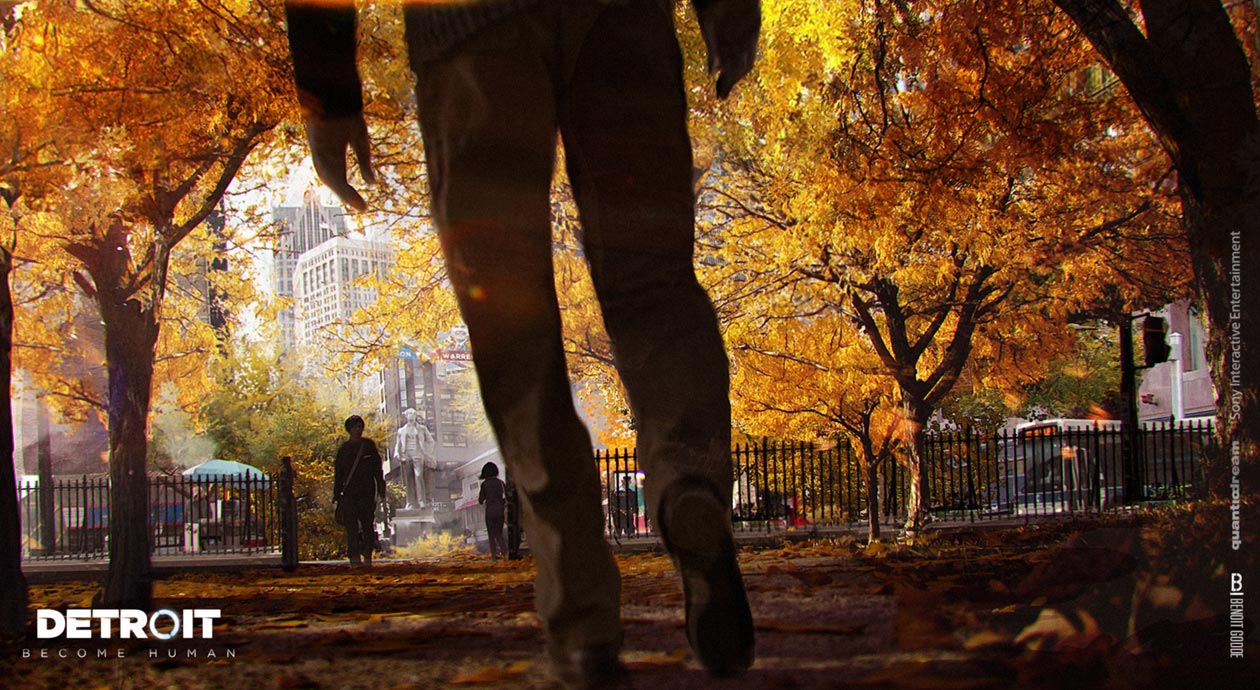
Secondly, there is the prismatic ability to see and feel what the characters are doing. The choices may feel mundane at times, such as washing dishes or cleaning the living room, but these choices pave the way for much stronger or more urgent needs like finding shelter or where to hide from the authorities. It’s a gradual buildup of what it is to think and choose the character you want to be in the game. There is also banter, but not the cursory type. It’s not all battle-scarred stories or sad tales, but also interjectable conversations of shared feelings and thoughts. It’s so subtle, you may miss it. These little smidgens of story spoonfed between the main events can make you concerned about your choices and the events that unfold. It’s game storytelling at it’s best and that’s why I love Detroit: Become Human. Even without there being a “game” per se to many gamers, there is a personal connection. More connection than a huge number of games can even attempt.
Beyond that, there are the usual timed or untimed button prompt events where you simply remember your buttons on the controller and, admittedly, I did not always get those right. However, you have the option to stop and redo sections of a chapter. It’s not advised, but I’ll be damned if I’m going to let a QTE mess with my game because I can’t hit the square button fast enough. It’s there if you want it and when replaying the game I found it best to just start from one of those areas rather than a full redo on the whole story.
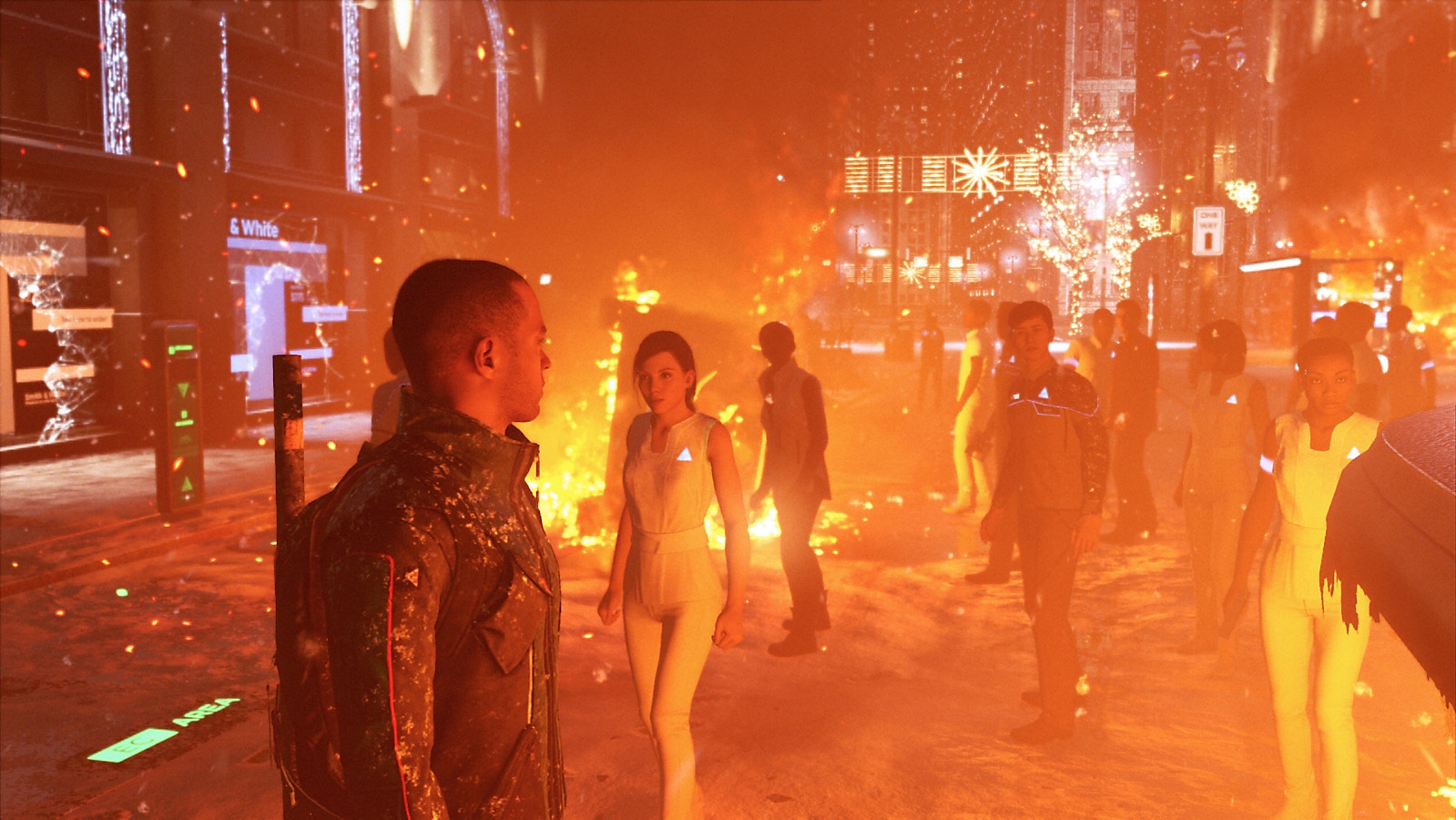
Graphics
On a PS4, this game looks great. On my PS4 Pro, it looks fantastic. Is it jaw-dropping fantastic? Sorta, yeah, but I think games like God of War or Horizon Zero Dawn sort of steal it’s thunder. You can see so many ultra-tiny details in 4K, it’s insane. I had zero issues with my playthrough as far geometry glitches or crashes. Very well polished, I almost feel like it’s silly to talk much about it. It’s amazingly well rendered and easily one of the highlights of the PS4 era graphics.
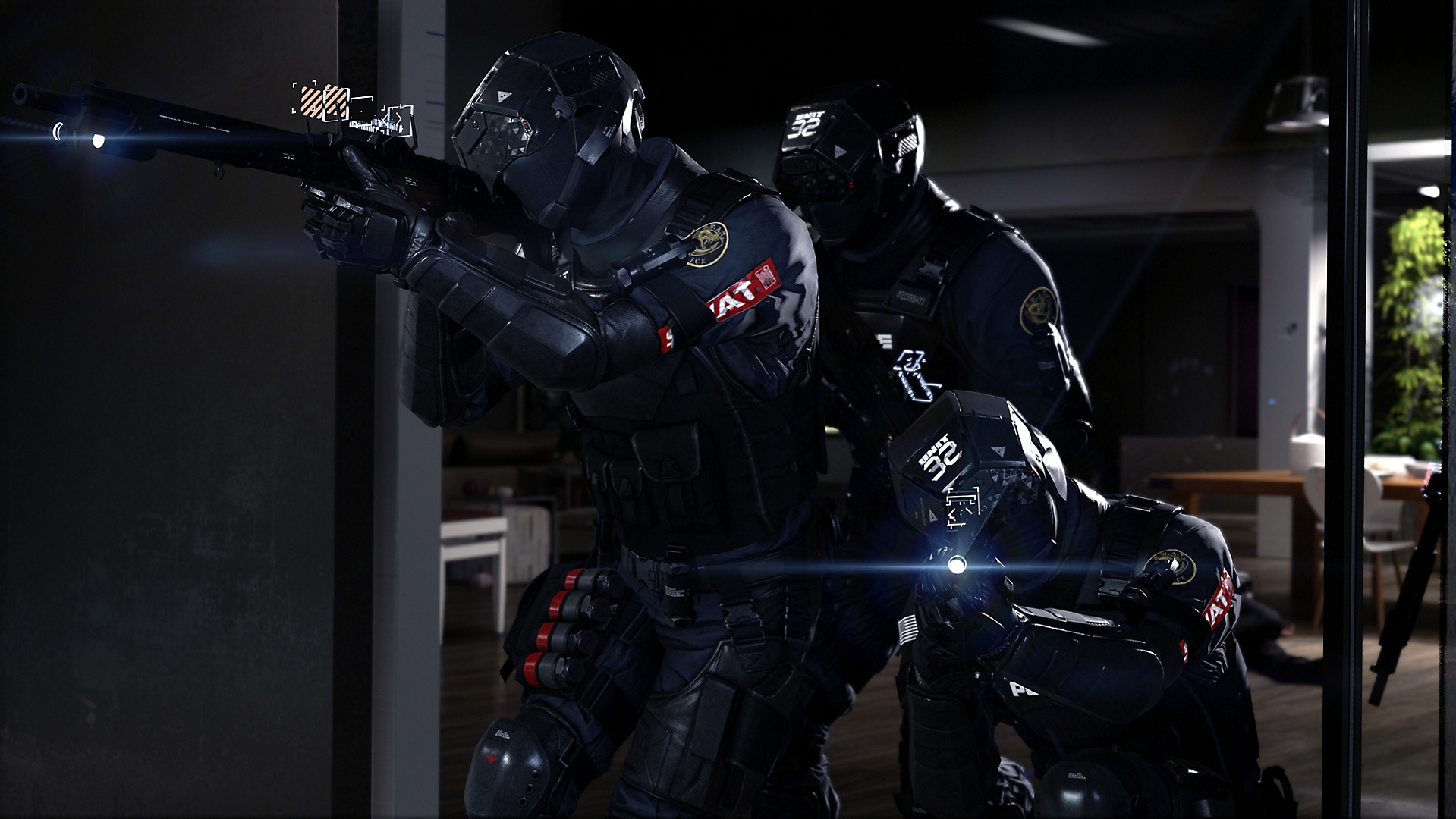
Music
Here is where it’s a surprise. With different soundtracks for each character story, you have a multitude of soundtracks to listen to. Whether it is action pumped music for Marcus or ephemeral melodies of Kara, it’s like listening to a full-on movie soundtrack. The music is way beyond the majority of game soundtracks and worth a listen. If you have the Deluxe version, like the one given to PS+ members, the soundtrack is included!
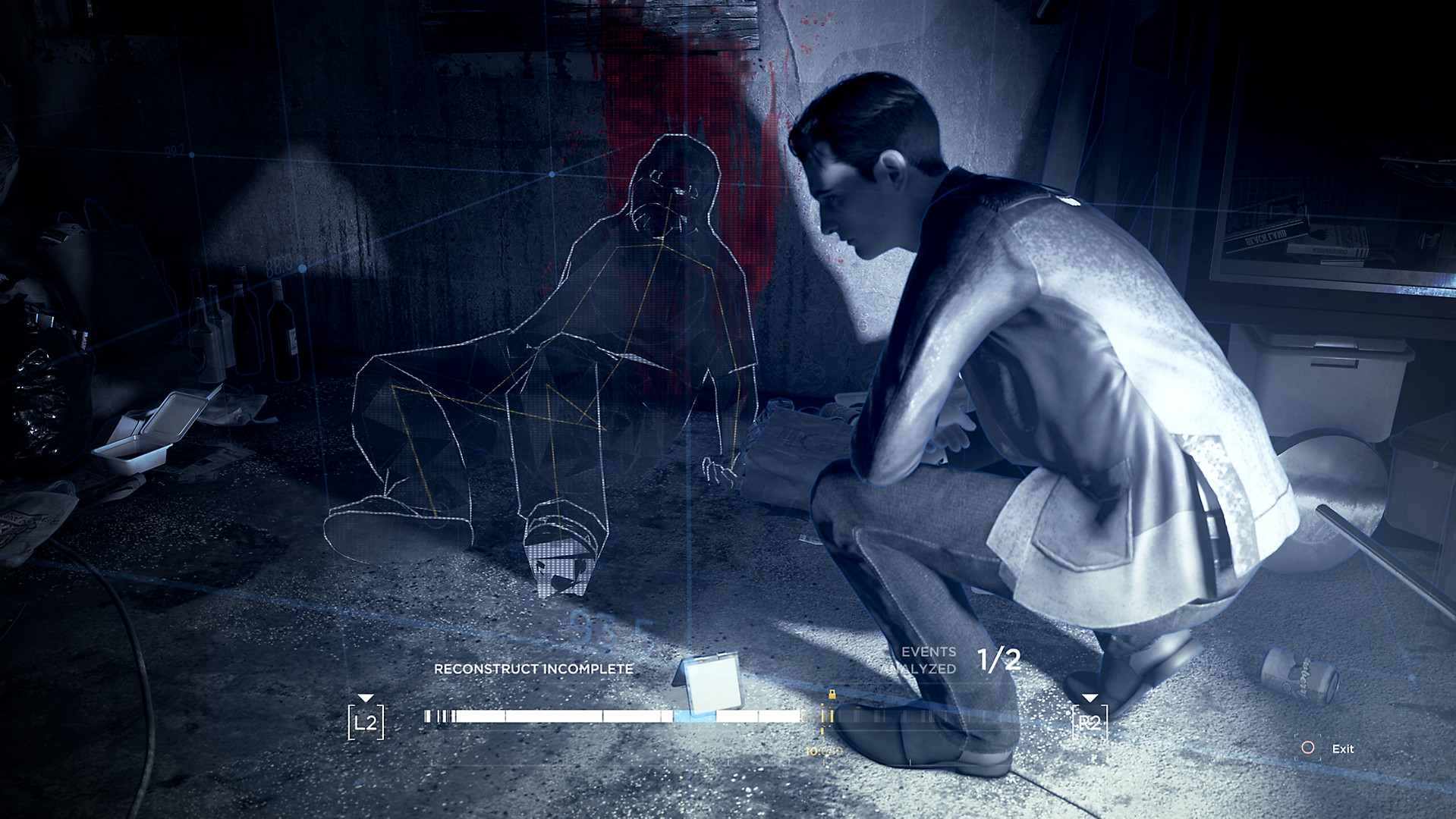
Verdict
This is an AutoSave rating from me. Detroit: Become Human is Quantic Dream at it’s finest and the game began planning it out even before there was a PS4. The sheer amount of branches, which are visible to track like a flow-chart with all 32 chapters, is just mind-bending. Both the voice acting and motion capture is absolutely enthralling. I think the only bad thing about this game is that you can sometimes get bored in the fine minutia of the game, as it can at times hurt the pacing. Just keep in mind, though, that that slowdown is intentional and keep playing to get the larger picture of the game as it progresses.
This is a magnum opus of branching narrative games. I feel like Heavy Rain is the godfather of this wonderful child in some way. Do not hesitate to play if you have PS+ and enjoy story-centric games. If you prefer gameplay over story, you may want to hold off. I really feel narrative games aren’t always good for those who want more action and less story watching. There is nothing wrong with either opinion on that, no one games the same and what some may love, others may find a bore. Detroit: Become Human is best for the person who wants to dive deep into a game world without the desire to actively go into a gameplay frame of mind.
For those without PS+, during the last sale it was just $8. That is an easy insta-buy in my opinion. However, consider the Deluxe Edition if you don’t have Heavy Rain in your library, as it comes included along with the great soundtrack. These two are games I will be replaying over the years for sure, much like a good book needs to be re-read now and then.

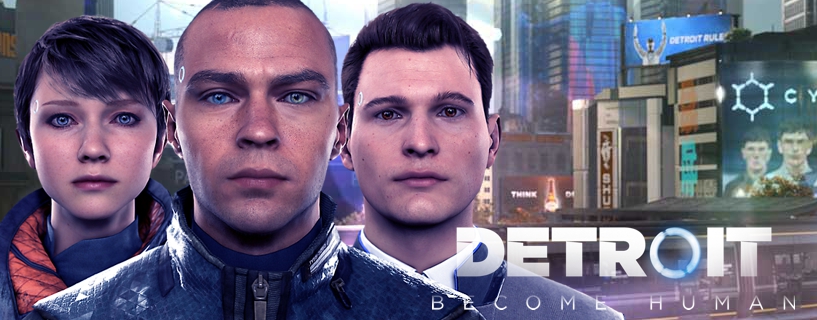




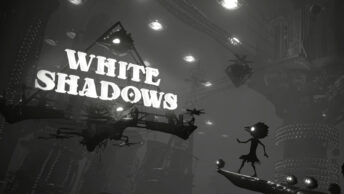
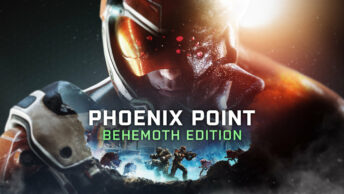



This game sounds excellent and I am really looking forward to it being released on the PC soon although it sounds like the price point is going to be quite high compared to the prices you quoted in here.
I already preordered Beyond Two Souls but wasn’t sure about Heavy Rain, I’ll have to go back and look at that one again.
I’m hoping it gets released on Steam at some point, preferably around $20 by then, but if you grab it down the road try and get Heavy Rain with it. Those two are the very best of Quantic Dream from what I have played and just make you feel more vested in the characters. Heavy Rain’s story is just hard to shake, leaves a mark. Thanks for the kind words! – Danger